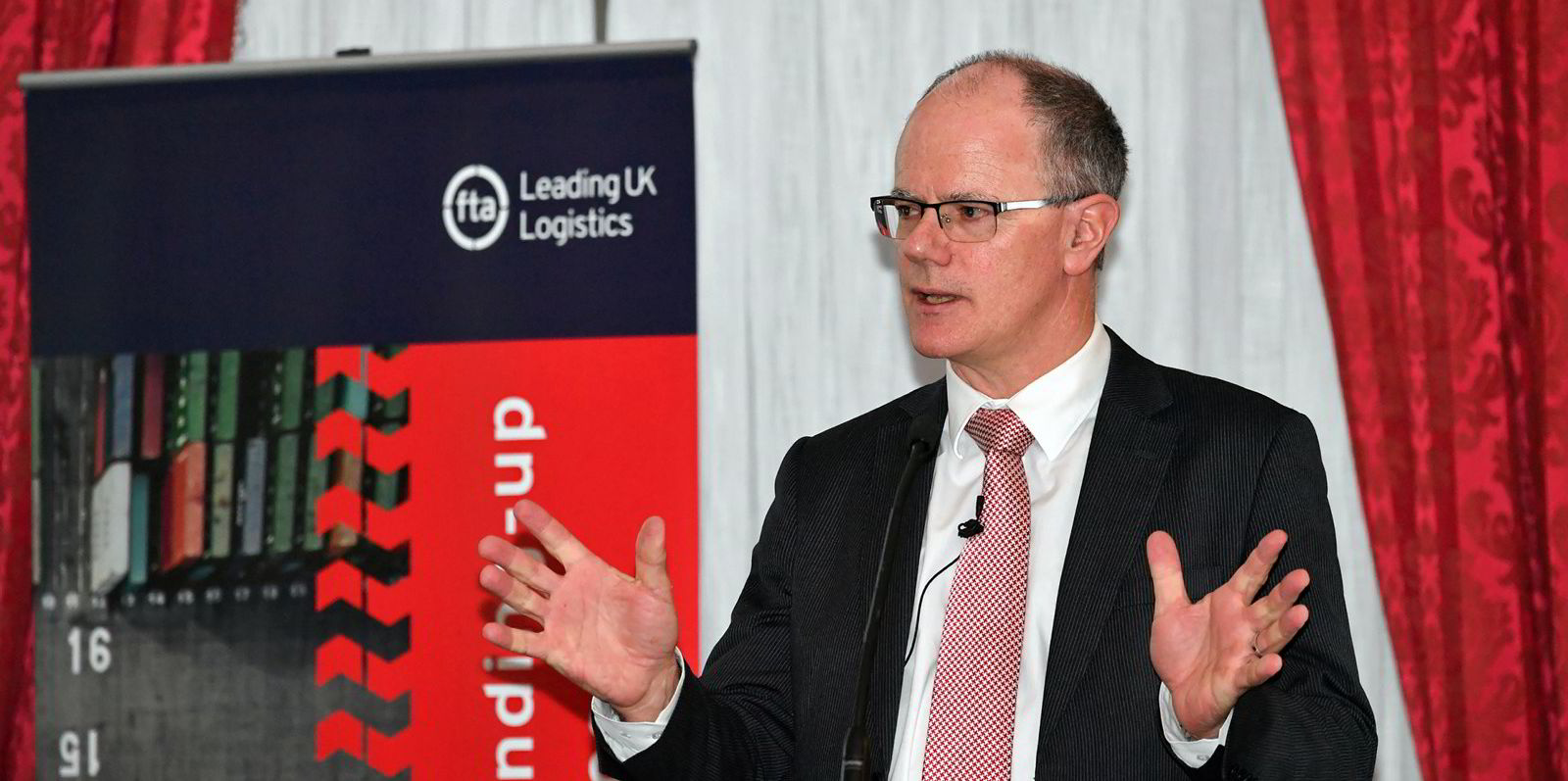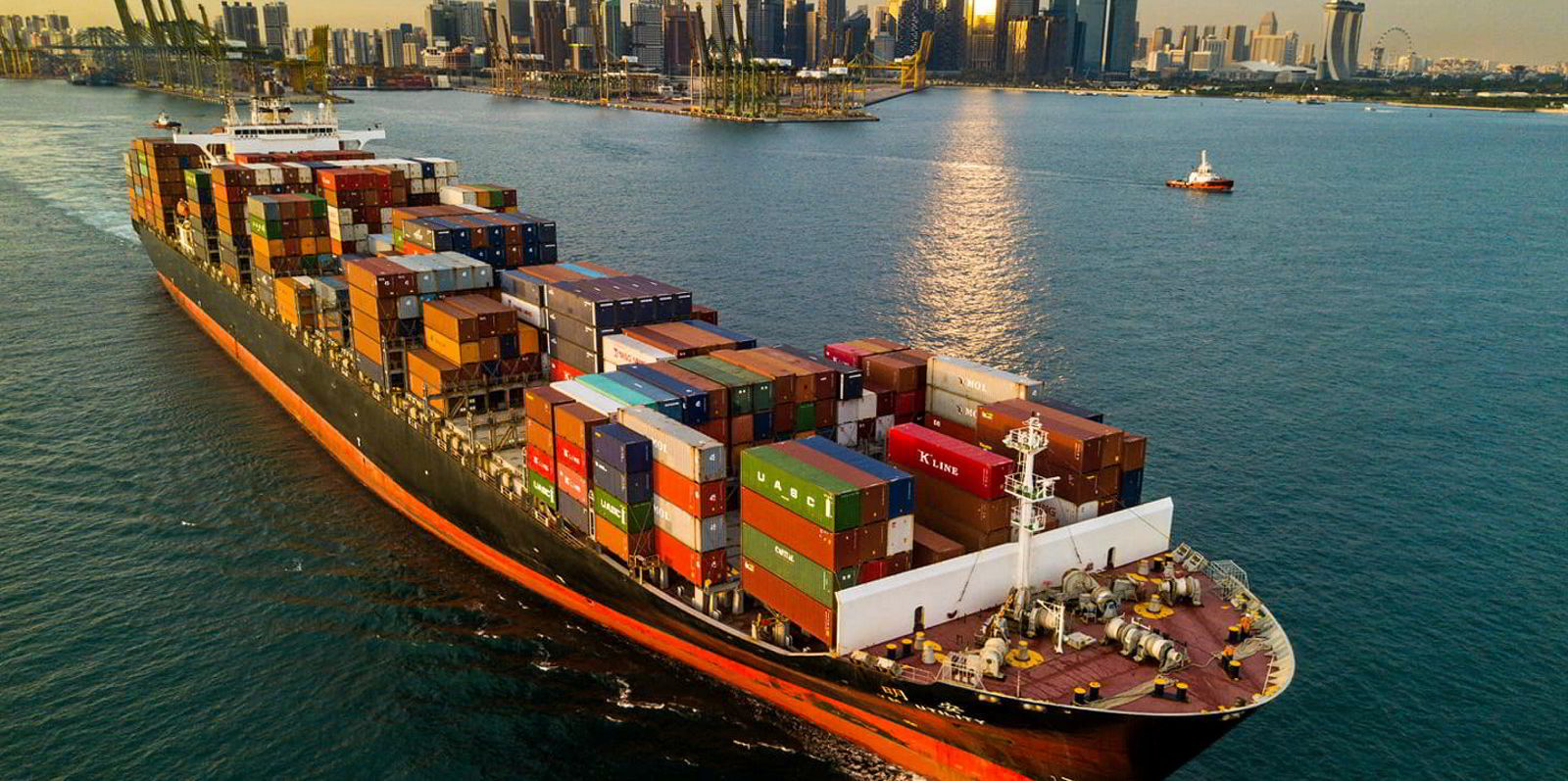The imposition of a carbon tax on bunker fuel will lead to higher container freight rates that could suppress demand for world trade, according to a leading shippers’ body.
The Global Shippers Forum (GSF) has issued the warning alongside this week’s meeting of the Marine Environment Protection Committee (MEPC) of the International Maritime Organization.
The lobby group fears that cargo owners could be forced to shoulder a rash of new surcharges if there is agreement to introduce a carbon tax on bunker fuel.
“Shippers will be forgiven for thinking that the proposal, and its consideration at the IMO, will inevitably result in still higher freight rates,” said GSF director James Hookham.
The “obvious danger” is a repeat of the widespread use of bunker adjustment factors, or BAFs — a surcharge to cover variations in fuel price — following the introduction of low-sulphur fuel in 2020.
“There are few reassurances in the existing proposals that a carbon tax won’t just be passed through as an added cost for shippers.”
'Challenging time'
Regulators should ensure that removal of older tonnage from the market should not be used “as a disguised means for capacity management resulting in higher freight rates”, the GSF said.
“If the shipping industry is serious about market-based mechanisms as a route to decarbonisation, then it needs to insulate its customers from their inflationary effects,” said Hookham.
“The MEPC needs to think through the realities of the shipping market and avoid simplified comparisons with experiences in other sectors of their economies,” he added.
Spot rates from Asia to the major markets of Europe and the US have come off their record highs.
Rates from Asia to the US west coast were down to $9,360 per 40-ft equivalent unit, their lowest level since July 2021, according to the Freightos Baltic Index.
But long-term rates have continued to increase. And that could filter through to the spot market following the reopening of Shanghai after more than two months of lockdown, said analysts.
May saw the highest ever monthly increase in long-term freight rates, which rose by a record 30% over the month, according to the Xeneta Shipping Index.
Long-term rates are now 150.6% up year-on-year. In 2022 alone, costs have climbed by 55%.
Xeneta CEO Patrik Berglund attributed the breathtaking gains to older contracts, with lower rates expiring and being replaced by newer agreements at much higher rates.
“It’s certainly a challenging time to be a shipper,” Berglund said.







